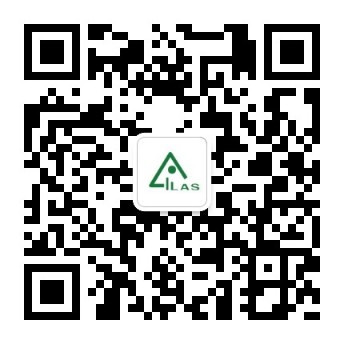Immunodominant SARS Coronavirus Epitopes in Humans Elicited both Enhancing and Neutralizing Effects on Infection in Non-human Primates.
Wang Q, Zhang L, Kuwahara K, Li L, Liu Z, Li T, Zhu H, Liu J, Xu Y, Xie J, Morioka H, Sakaguchi N, Qin C, Liu G.
Abstract
Severe acute respiratory syndrome (SARS) is caused by a coronavirus (SARS-CoV) and has the potential to threaten global public health and socioeconomic stability. Evidence of antibody-dependent enhancement (ADE) of SARS-CoV infection in vitro and in non-human primates clouds the prospects for a safe vaccine. Using antibodies from SARS patients, we identified and characterized SARS-CoV B-cell peptide epitopes with disparate functions. In rhesus macaques, the spike glycoprotein peptides S471-503, S604-625, and S1164-1191 elicited antibodies that efficiently prevented infection in non-human primates. In contrast, peptide S597-603 induced antibodies that enhanced infection both in vitro and in non-human primates by using an epitope sequence-dependent (ESD) mechanism. This peptide exhibited a high level of serological reactivity (64%), which resulted from the additive responses of two tandem epitopes (S597-603 and S604-625) and a long-term human B-cell memory response with antisera from convalescent SARSpatients. Thus, peptide-based vaccines against SARS-CoV could be engineered to avoid ADE via elimination of the S597-603 epitope. We provide herein an alternative strategy to prepare a safe and effective vaccine for ADE of viral infection by identifying and eliminating epitope sequence-dependent enhancement of viral infection.
全文下载:https://www.ncbi.nlm.nih.gov/pubmed/?term=Immunodominant+SARS+Coronavirus+Epitopes+in+Humans+Elicited+both+Enhancing+and+Neutralizing+Effects+on+Infection+in+Non-human+Primates.

 微信公众号
微信公众号 京公网安备11010502033649
京公网安备11010502033649